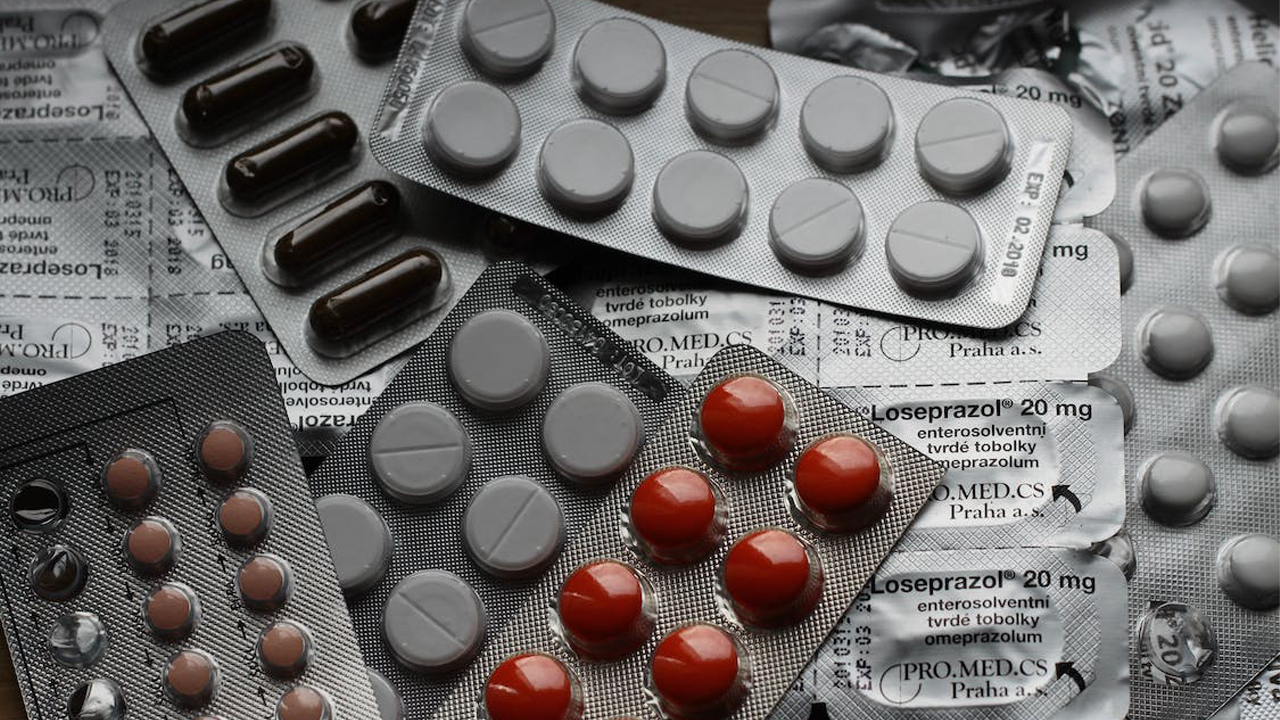Bangladesh (Common Wealth) _ Bangladesh is a promising global exporter of medicinal items. The annual export volume has nearly doubled in the last six years. In the fiscal year 2019-2020, the number was $136 million. Individual yearly growth rates in the export market were higher than in the domestic market during the same period.
Exports increased by 25% from 2018 to 2019. The country is receiving attention from all around the world due to its high quality standards, competitive pricing, strategic position, and good business attitude.
Bangladesh, as a developing country, has a good history of exporting medications and may play a significant role in this industry in the coming years. Local businesses are currently exporting their products to 151 nations around the world, which might serve as a model for many others. Almost a dozen manufacturing sites have met the difficult criterion of regulated markets. A few enterprises have already left massive footprints in the US and UK markets and are growing their reach on a daily basis; around 1,000 goods will be registered in the foreign market for eventual export, unlocking enormous possibilities.
At the moment, Sri Lanka is the top destination for Bangladeshi pharmaceutical exports. Sri Lanka accounts for around 15% of Bangladesh’s overall pharmaceutical export revenues. Currently, the Sri Lanka imports $ 20.5 million in pharmaceutical ‘finished goods’ from Bangladesh, accounting for 7.4% of total imports. Bangladesh has the potential to increase its exports.
Myanmar has traditionally been a destination for medicinal products exported from Bangladesh. They import a total of $435 million in pharmaceutical items each year, with Bangladesh contributing 4.53%. It should be noted that Myanmar accounts for 14.5% (the second highest) of Bangladesh’s overall pharmaceutical export revenues.
The United States accounts for around 11% of Bangladesh’s overall pharmaceutical export revenues, amounting to $15.19 million in US dollars. The United States is the world’s leading importer of generic drugs, importing $92.5 billion in pharmaceutical items each year. As a result, it is evident that the US market is massive, to say the least.
Every year, the Philippines imports pharmaceutical products worth $1377 million. Bangladesh exports about 1% of that total. Kenya is also one of the top five destinations for Bangladeshi pharmaceutical exports. Almost 2% of their pharmaceutical products, worth $8.5 million, are imported from Bangladesh.
Bangladeshi firms meet 3% of Cambodia’s overall import requirements for pharmaceutical items, amounting to $6.1 million per year. Afghanistan and Somalia import a substantial amount of pharmaceutical products from Bangladesh, with Bangladeshi companies meeting approximately 5% to 6% of their individual import requirements.
The United Kingdom is one of the top five destinations for pharmaceutical exports in the world. (See also Table 01) Bangladesh’s export to the UK is negligible, accounting for less than 0.01% of total imports. However, few companies are attempting to investigate and expand their businesses in the United Kingdom, which has significant potential.
Nepal, South Africa, Australia, Denmark, Nigeria, Jamaica, Yemen, and a number of other countries import medications from Bangladesh, but their total imports remain minimal. These markets offer chances for exploration.
According to the Bangladesh Association of Pharmaceutical Industries (BAPI) and the Directorate General of Drug Administration (DGDA), there are around 257 licensed pharmaceutical firms in Bangladesh, of which roughly 150 are operational1. These manufacturing firms meet around 98% of local demand.
Bangladesh’s biggest competitors in pharmaceutical exports are China and India. They are in a better position due to their own Active Pharmaceutical Ingredient (API) production facilities; however, Bangladesh will be able to minimize this to a tolerable level once her own API Park at Munshiganj is fully operational. To accelerate pharmaceutical exports, Bangladesh must focus on developing a reputable Contract Research Organization (CRO), which is a top priority for quality assurance.








